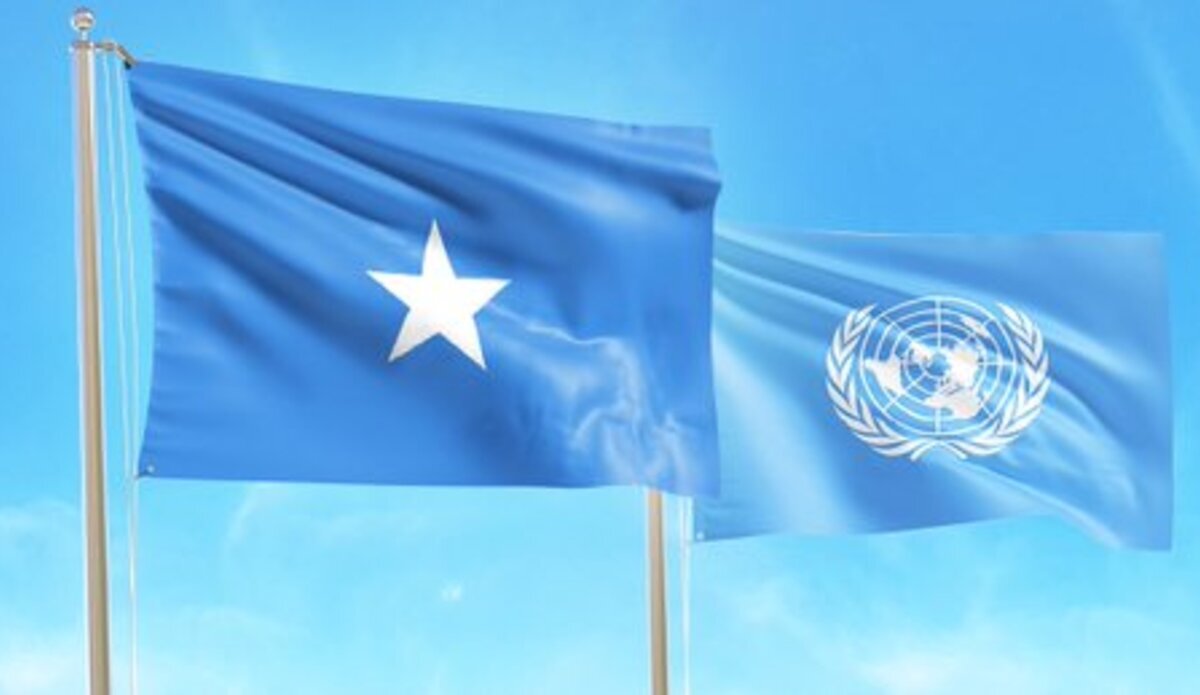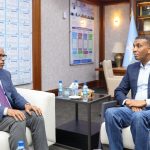Mogadishu/New York (SONNA): The United Nations and humanitarian partners have released the 2022 Humanitarian Response Plan (HRP) for Somalia — a country now facing its third consecutive failed rainy season for the first time in over 30 years.
An estimated 7.7 million Somalis will need humanitarian assistance and protection in 2022, a 30 per cent rise in just one year. The 2022 HRP seeks close to US$1.5 billion to assist 5.5 million of the most vulnerable among them.
To meet the immediate needs of drought-affected communities, the UN is releasing US$17 million from the Central Emergency Response Fund (CERF), bringing CERF funding for Somalia in 2021 to US$52 million. This is in addition to nearly US$60 million provided by donors to the Somalia Humanitarian Fund, a multi-donor country-based pooled funding mechanism.
“The lives of people in Somalia are on the line, and we have no time to lose,” said UN humanitarian chief Martin Griffiths. “To help avert another humanitarian catastrophe, the new CERF allocation will enable humanitarians to immediately scale up critical operations. I count on other donors to follow this lead and support the Somalia Humanitarian Fund to help people protect themselves from deepening hunger and poverty.”
People in Somalia have endured decades of conflict, climate shocks and disease outbreaks, including the COVID-19 pandemic and its impact. A prolonged desert locust infestation has also affected harvests and livelihoods. At least seven in ten people in Somalia live below the poverty line.
With protection at its core, the 2022 HRP will prioritize life-saving assistance for the most vulnerable people, focusing on addressing hunger, acute malnutrition, threats to public health, disease outbreaks, abuse, violence and exposure to explosive ordnance. Humanitarian partners also aim to sustain the lives of highly vulnerable Somalis by ensuring safe, equitable and dignified access to livelihoods and essential services.
“Over the next year, we must provide the assistance that the most vulnerable people in Somalia are entitled to,” said Adam Abdelmoula, the Humanitarian Coordinator for Somalia, noting the generous donor response to the 2021 HRP. “A fast and efficient way to do this is through substantial and early funding for the 2022 HRP, and helping to replenish the depleted Somalia Humanitarian Fund, which is the most important source of funding for national NGO partners.”
Conflict and insecurity have forced over 541,000 people to flee their homes so far this year. Overall, more than 2.9 million people are internally displaced, most of whom need help to survive. Women and girls make up half of the displaced population, and they face a heightened risk of sexual violence and abuse.
“The current drought has devastated livelihoods and pushed families to the brink of disaster,” said the Federal Minister of Humanitarian Affairs and Disaster Management, Khadija Diriye. “There is a high risk that without immediate humanitarian assistance, children, women and men will start dying of starvation in Somalia.”
Somalia — on the front line of climate change — is the country most severely affected by drought in Africa’s Horn. An estimated 3.2 million people are experiencing the cumulative impacts of three consecutive below-average rainy seasons, including 169,000 people who have abandoned their homes to seek water and food as well as pasture for their livestock.
Recent projections indicate that drought could displace up to 1.4 million Somalis in the coming six months. Without a scale-up in assistance, some 3.8 million people, including those affected by drought, are projected to face crisis or worse levels of food insecurity, rising to 4.6 million people by May. Widespread livestock deaths are already being reported, and food, water and fuel prices are rapidly increasing. Crop production in January is projected to be 50-70 per cent below the last 10-year average.
Humanitarian organizations, local communities and Government authorities have ramped up their life-saving response for people across Somalia. They urgently need additional resources and unfettered access to people in need.
Source: UNSOM





